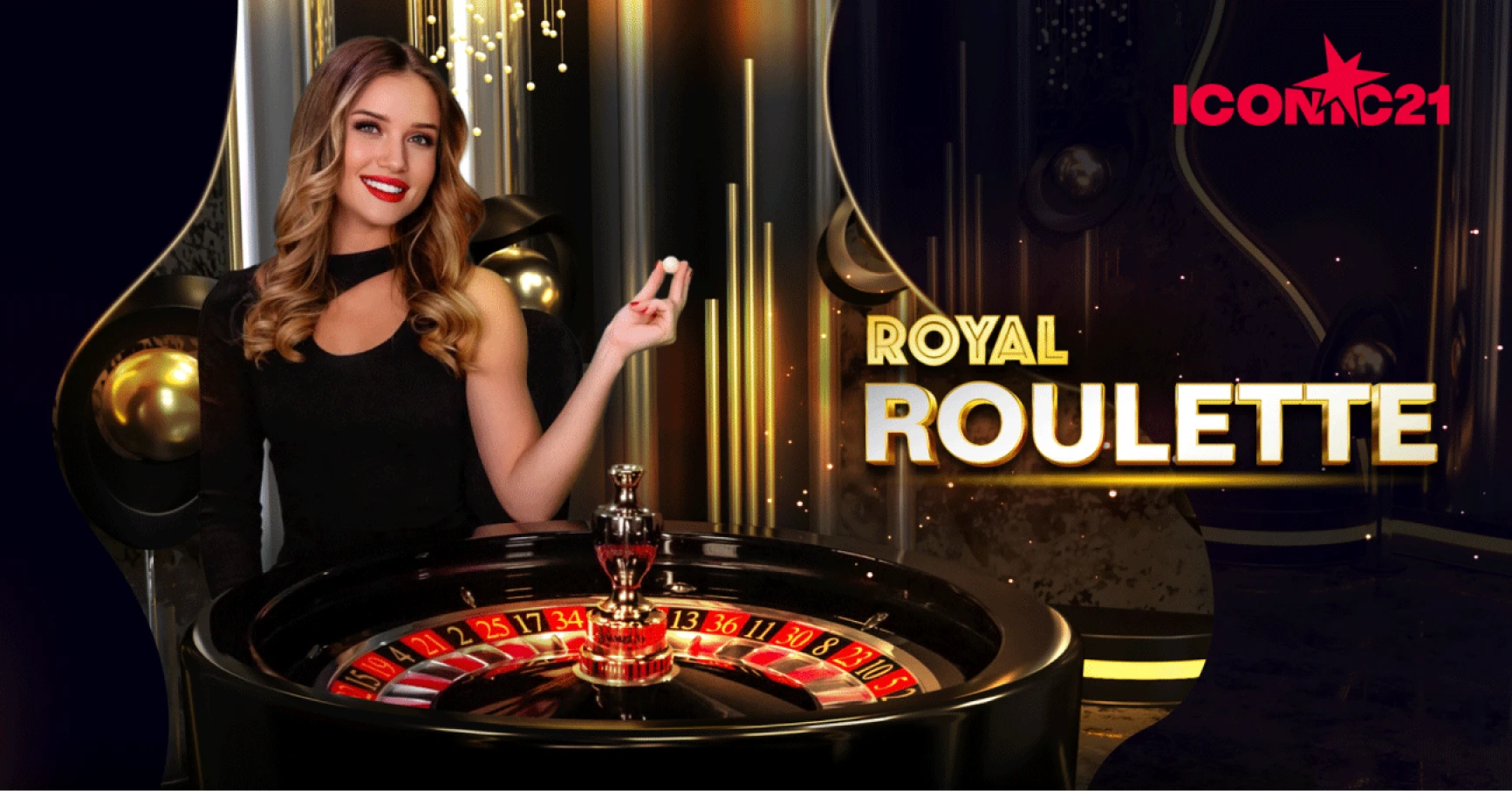Ever watched someone at a roulette table, scribbling notes or sticking to the same “lucky” number? There’s more to it than superstition. Roulette betting patterns reveal fascinating quirks of human psychology—how we chase wins, avoid losses, and convince ourselves we’ve cracked the code. Let’s peel back the curtain.
Why We Love Patterns (Even When They’re Illusory)
Humans are pattern-seeking machines. It’s how we survived—spotting predators in rustling grass, predicting seasons. But in roulette? That same wiring backfires. A red streak doesn’t mean black is “due,” yet our brains scream otherwise. This is the gambler’s fallacy in action: mistaking independent events for connected ones.
Casinos exploit this. Digital displays showing past results? Pure psychological fuel. Players squint at those numbers like they’re deciphering the Rosetta Stone. In reality, each spin is a blank slate.
Common Roulette Betting Strategies—And Why They Feel So Right
The Martingale System: Doubling Down on Denial
Double your bet after every loss, recoup losses with one win. Sounds foolproof… until you hit a losing streak and the table limit. Yet players cling to it because:
- It feels controlled (there’s a “plan”)
- Small wins reinforce the behavior (intermittent rewards are addictive)
- Losses are framed as “near misses” (“One more spin and I’d have won!”)
The D’Alembert: Gentle Progression, Same Illusion
Increase bets by one unit after a loss, decrease after a win. Less aggressive than Martingale, but still rooted in the belief that losses and wins will “balance out.” Spoiler: They don’t have to.
Hot/Cold Numbers: The Slot Machine Effect
Betting on “hot” numbers (frequent lately) or “cold” ones (“due” to hit) is pure narrative-building. Like seeing shapes in clouds, we impose meaning on randomness. Fun fact: In 1959, a roulette ball landed on black 32 times consecutively in Puerto Rico. Probability doesn’t care about streaks.
The Emotional Triggers Behind Betting Choices
Roulette isn’t just math—it’s emotion. Here’s what’s really driving those bets:
- Near-miss effect: Losing by one number feels like progress, not failure. The brain treats it like a win, urging another try.
- Sunk cost fallacy: “I’ve already bet so much—walking away now would waste it.” (Hint: It’s already gone.)
- Anchoring: First impressions stick. If you win early, you’ll likely overestimate future odds.
How Personality Shapes Betting Styles
Your roulette strategy might reflect your temperament:
| Personality Trait | Common Betting Pattern |
| Risk-averse | Outside bets (red/black, odd/even) |
| Optimistic | Straight-up numbers (“This is my lucky 17!”) |
| Analytical | Fibonacci systems, tracking “stats” |
| Impulsive | Last-second chip tosses, changing bets mid-spin |
The Casino’s Secret Weapon: Sensory Overload
Roulette isn’t played in a vacuum. Casinos design environments to disrupt rational thinking:
- No clocks or windows (time distortion)
- Free alcohol (lowered inhibition)
- Lights/sounds on wins (dopamine hits)
- Crowd reactions (social proof—”Everyone’s winning!”)
Breaking the Cycle: Betting Smarter (Not Harder)
If you play roulette for fun, not profit, here’s how to outsmart your own brain:
- Set a loss limit before playing—and stick to it. No “one last spin.”
- Treat wins as luck, not skill. Celebrate, but don’t expect repeat performances.
- Avoid “systems” that promise guaranteed wins. If they worked, casinos would ban them.
- Watch others first. Notice how patterns play out—without your money at stake.
At its core, roulette is a game of chance wrapped in a psychological thriller. The house always has the edge—but understanding your own betting patterns? That’s real power.










